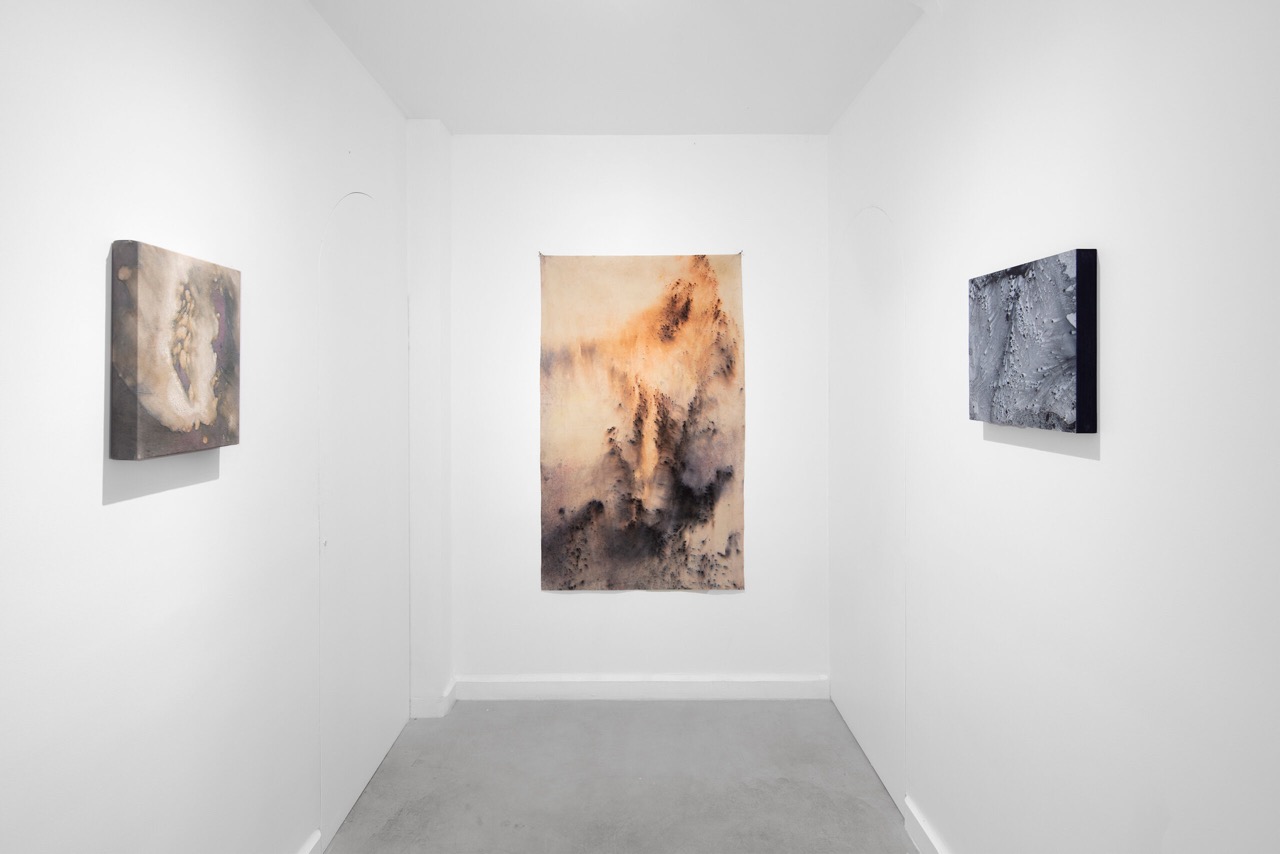
Collecting as a Revolutionary Act
Ambar Quijano invites you to their panel discussion Collecting as a Revolutionary Act with Ana Castella, Poncho Castro, Fátima González, Eduardo Luque y Haydee Rovirosa.
In a world dominated by the logic of mass production, immediacy, and transaction, collecting art today transcends the aesthetic or the patrimonial to become a profoundly revolutionary act. More than a simple accumulation of objects, collecting is a political gesture: it means supporting a form of artistic production that is critical, unique, and deeply human—one that escapes corporate dictates. In a time marked by political, economic, and social uncertainty—such as the one we are currently living through—collecting also becomes a strategic opportunity. Moments of contraction or chaos can, in fact, be the most fertile for building great collections.
Peggy Guggenheim, for instance, managed to assemble a fundamental part of her collection during World War II, when artists were migrating and the art market was in crisis. Today, things are not so different... In these moments, the art market reveals its seams and opens space to discover what is truly valuable: works that have not yet been validated by the system but that embody the potential to narrate the future.
Many collectors claim to seek what is new and challenging, yet often end up surrendering to what feels safe. Meanwhile, bold works—with authentic and powerful voices—remain unseen.
In this conversation, we not only want to reflect on this, but also share insights for identifying real collecting opportunities: how to recognize works that stand out for their narrative, quality, and permanence, and how to use these cycles of deceleration to begin or enrich a collection with meaning and vision. Because collecting—today more than ever—has the power to transform the cultural narrative of the future.
—Ambar Quijano
-> More expos in the area